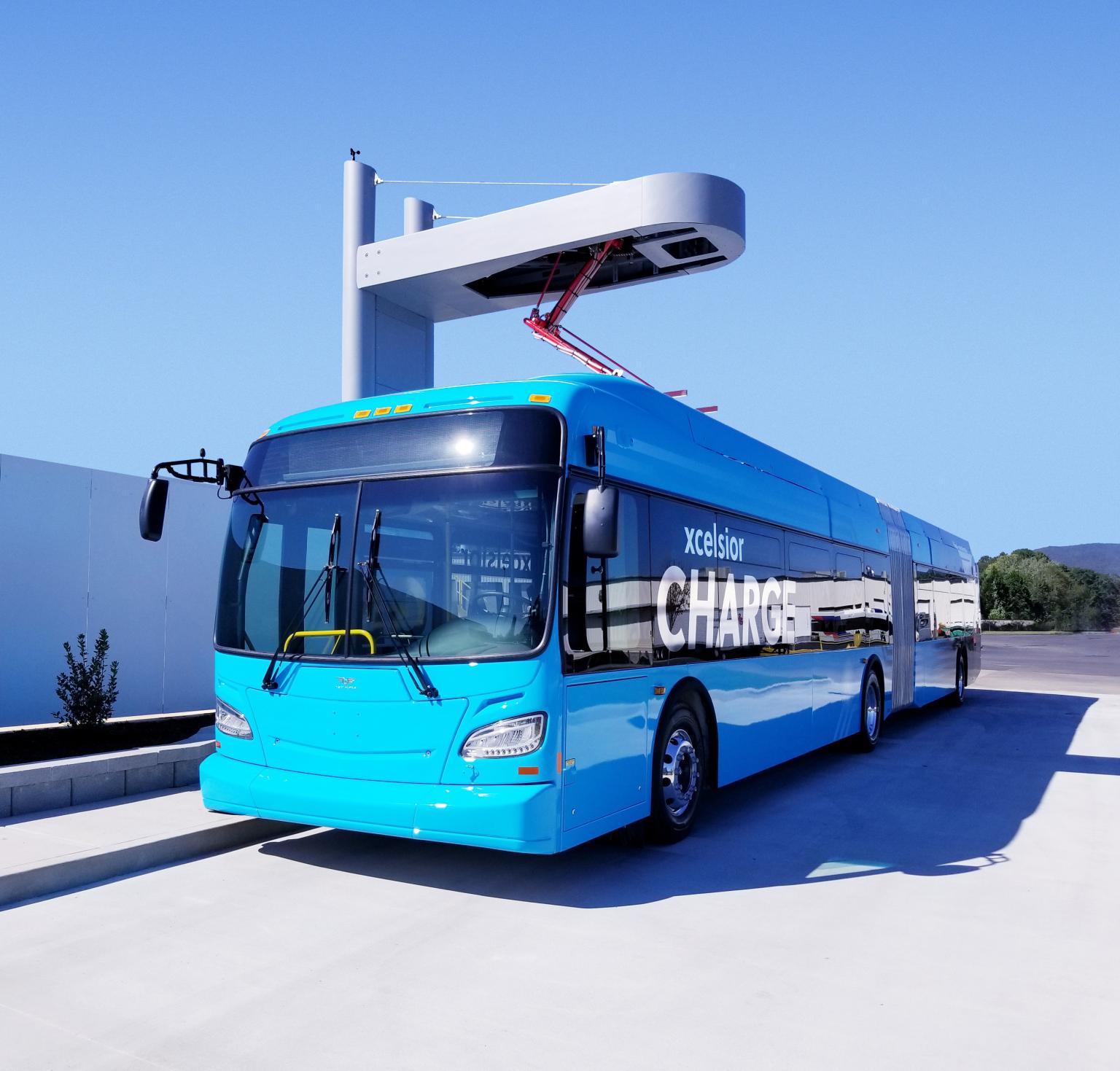
While the interest in EVs surges, the question of battery sustainability is never far away. In a recent article, Dr Luca Castignani, global automotive industry director at Hexagon MI commented, “Battery recycling will definitely be a part of the journey towards more sustainable electric vehicles. Amongst OEMs, there has been a lot of talk about how this could take place. For example, Renault is proposing to reuse batteries for non-automotive purposes. After a battery is no longer running efficiently enough for a car, it still holds a lot of value for storing energy for domestic uses, such as when generated from solar power.
“The key to battery recycling is for batteries to be optimised for recyclability at the design stage, which requires processes such as design, engineering and manufacturing to be ‘joined up’ and virtualised. Linking together fragmented manufacturing processes enables car makers to see how even micromaterials can be optimised for recyclability before the first prototype rolls off the production line.”
How to make bus batteries greener
American recycler Li-Cycle, New Flyer Industries Canada and New Flyer of America are engaged in an interesting pilot project in Ontario, Canada. The plan is to turn 45 end-of-life lithium ion battery modules into what is termed ‘black mass’ - a useful mixture of lithium, nickel, cobalt and copper. First the batteries are mechanically broken down, then the materials are run through a hydrometallurgical circuit to produce individual metal sulphate and carbonate products with the appropriate purity for cathode production.
Li-Cycle chief commercial officer Kunal Phalpher noted, “As of 2019, approximately 425,000 of the world’s buses were electric. By recycling thousands of pounds of lithium ion batteries, we're serving the dual purpose of reducing hazardous waste, while recovering critical materials so they can be reintroduced into the supply chain. The compounded benefits of this partnership will have a significant positive environmental impact, which can be a model for cities around the world.”
Previously exhausted EV batteries have been just dumped or partially recycled through a pyro-metallurgical processes with the low recovery rate of 40%. Chris Stoddart, president, New Flyer added, “As our customers transition to zero-emission mobility, they do so with a focus on cradle to grave sustainability. The demand for battery recycling is growing, so too is the desire to lessen environmental impact on our communities. Our pilot with Li-Cycle is delivering just this and we are optimistic in offering battery recycling in future. We're committed to providing sustainable mobility solutions from procurement through vehicle retirement. Working with Li-Cycle delivers a triple sustainability benefit: we recover critical resources and divert them from landfills, provide them for re-use in the battery supply chain, and do so through Li-Cycle's proprietary clean recycling process that minimises impact to surrounding environments.”











